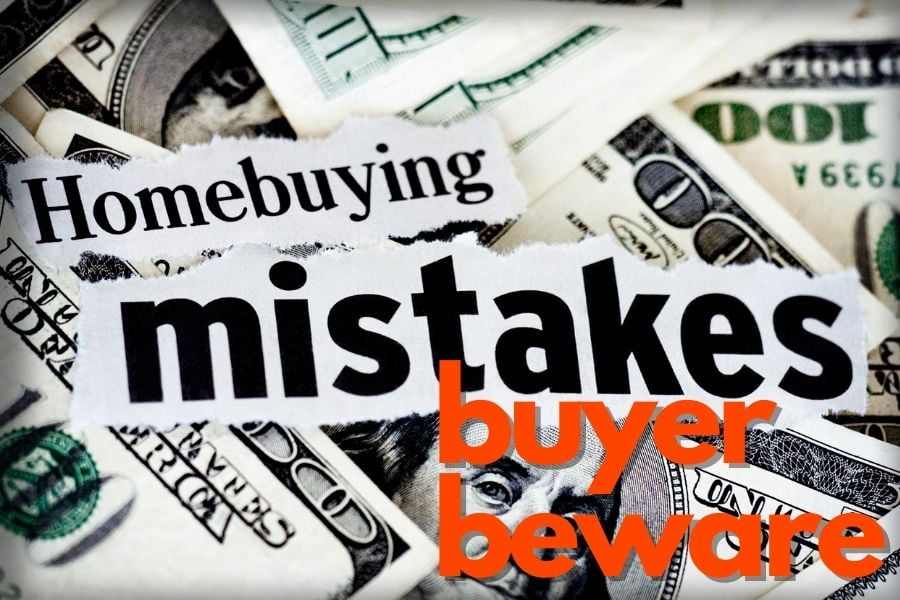
When buying property, one of the biggest misconceptions buyers make is that sellers have to disclose everything that’s wrong with the house. In Ontario, the reality is the exact opposite. We operate by the “buyer beware” doctrine. This means that the burden is on the buyer to ensure they inspect and investigate the property before agreeing to buy it. This can even apply to issues that the seller is aware of.
Buyers are frequently surprised to close on a house just before a large rainstorm, only to find that the roof leaking the next day. The seller could have known that the roof is prone to leaking, but as long as they don’t take active steps to hide that fact, or lie about it, they may not be required to disclose this information to the buyer.
While leaks are the most common complaint, this issue can arise from almost anything, from mould, broken fixtures, or damage masonry. Like anything in law, there are exceptions. You’ll frequently hear lawyers argue about what is a patent versus latent defect, concealment, misrepresentation, etc. But as the buyer, the last thing you want is to have your lawyer argue about major house issues after closing, and then have to decide whether or not you want to sue.
Buyers should enter into the mindset that the seller hasn’t told them anything. It is up to them to discover any issues that are important to them. That normally involves hiring a qualified and trusted home inspector and to make sure to discuss their limitations. Has it been very dry lately? That may be harder to find evidence of a leak. Are you buying in the winter? The ground may be too hard to inspect the septic tank. Even if you can’t nullify the risk, the buyer needs to at least understand that it exists.
As for the Seller? The above would be terrible advice and could see you facing the wrong end of a lawsuit. Make sure to discuss with your realtor and your lawyer if there’s something you think may need to be disclosed.
The foregoing is intended to be for educational purposes only, does not constitute legal advice, and does not create a lawyer-client relationship

